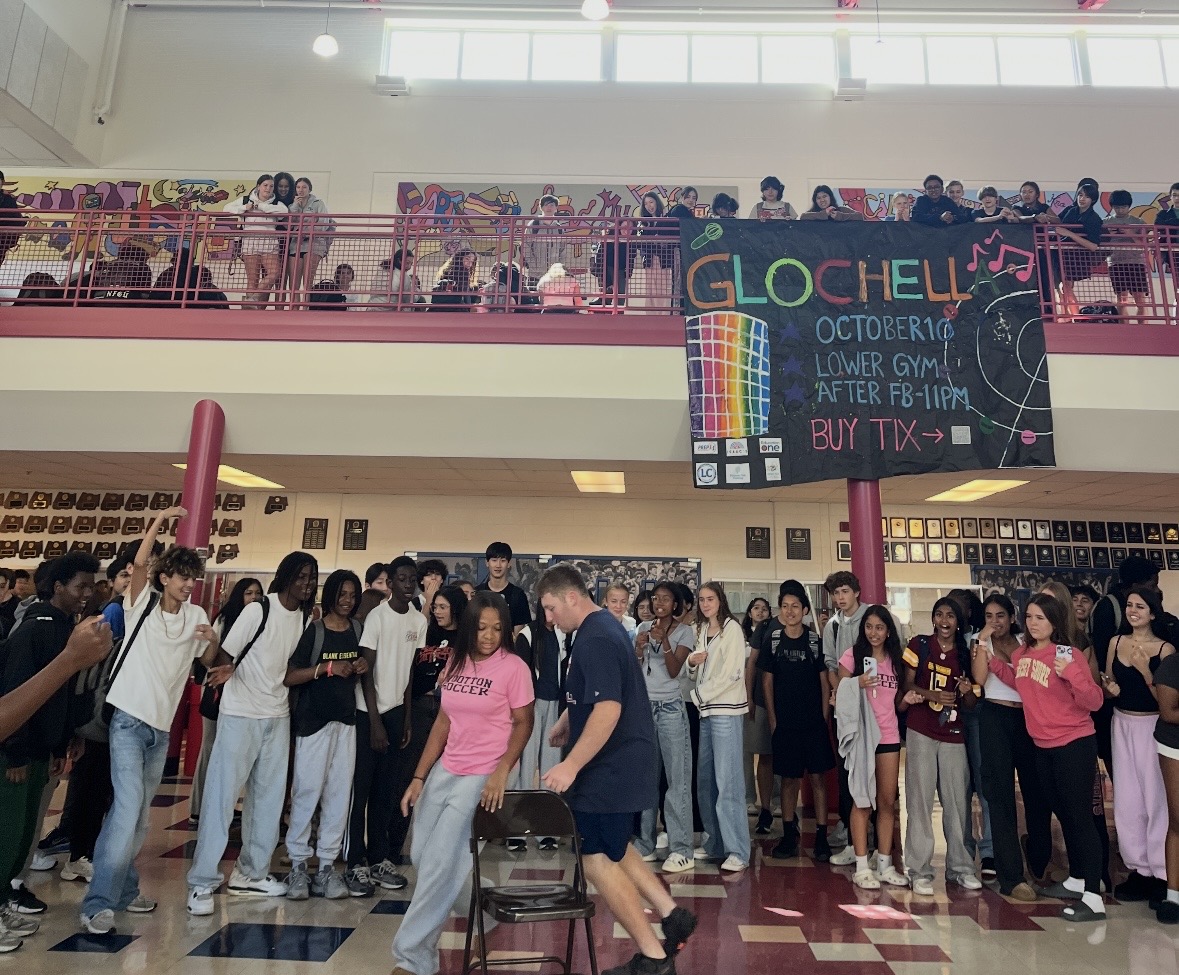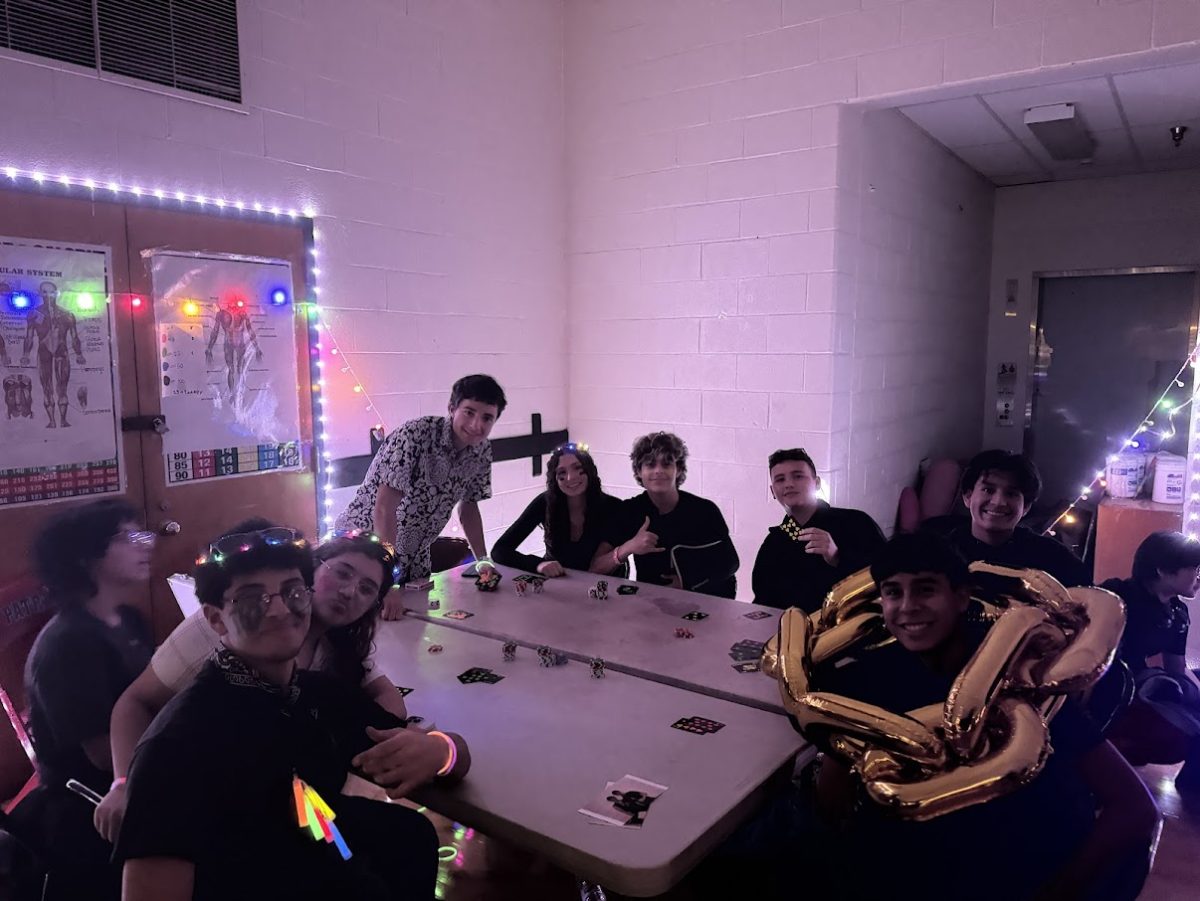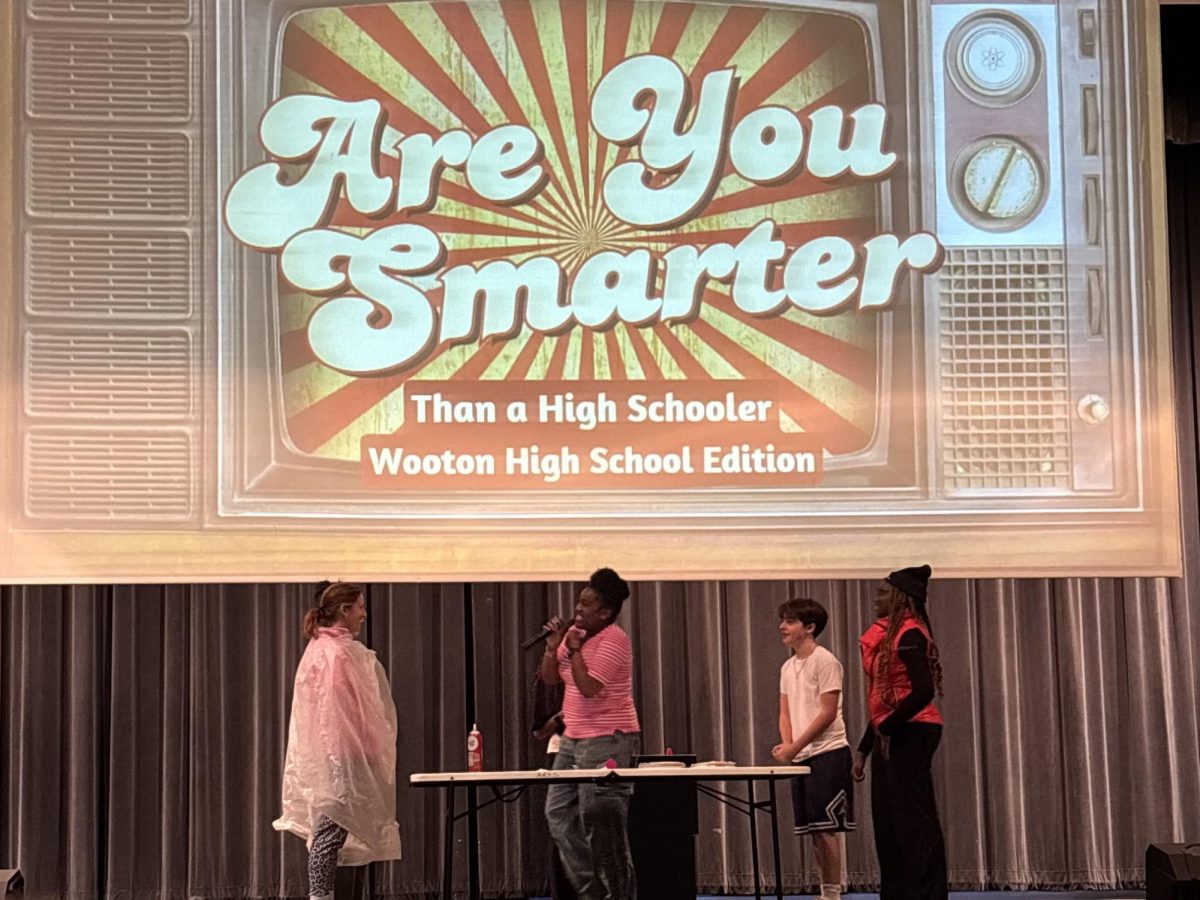On Mar. 26, The Washington Post released an article covering the controversy surrounding Bethesda-Chevy Chase. This controversy centers around the creation and distribution of a list that ranked female students based on their looks.
The story received national attention, first from the Post then to news publication across the country, culminating with a segment on morning show Good Morning America. The segment featured six B-CC female students, five of whom were named on the “hot” list. With their airtime, the girls condemned the toxic masculinity found at their school, as well as other schools around the nation. “We’re finally standing up and saying ‘we’ve had enough of this, we’ve had enough of being harassed, objectified and viewed as less than,” BCC senior Virginia Brown said.
While the formation and publicization of this list negatively impacted both B-CC and the greater MoCo communities, those who found themselves subject to such objectification looked to reform the current culture of boy-girl relationships within contemporary American high schools. “We initially spoke with administration and began working with the creators of the list in order to design a school-wide approach to this issue of male toxicity in general. But this is not a story of punishment, it’s definitely one of change,” BCC senior Lee Schwartz said.
The girls’ main goal with their activism is to educate students, boys and girls alike, on why a list such as this one cannot be acceptable in today’s climate characterized by gender equality and women’s independence movements. “I can guarantee this is happening in other high schools, but what makes us different, what makes this different, is that we took the initiative to stand up and say this is not right,” B-CC senior Yasmin Behbehani said.
Another controversial issue being tackled with Montgomery County concerns racism, as a recent incident at Churchill sparked discussion two months ago. Once again picked up by The Washington Post, the newspaper reported on Feb. 12 that “students at [Churchill High School] distributed ‘N-word passes’ that were intended to grant students who received the pieces of paper ‘permission’ to use the racial slur.”
The conversation surrounding race relations within local schools was significantly impacted by the actions of these Churchill students, as they were denounced for their blatant acceptance of hatred and ignorance. “This act, or like behavior, is not how I want or expect Winston Churchill students to be remembered,” Churchill principal Brandice C. Heckert said in a letter to parents.
The students guilty received an undisclosed form of discipline. Similar to B-CC’s response, Churchill administration attacked the issue head-on with a number of open conversations with students, parents and teachers in order to properly assess the range and significance of racism in the school community.







